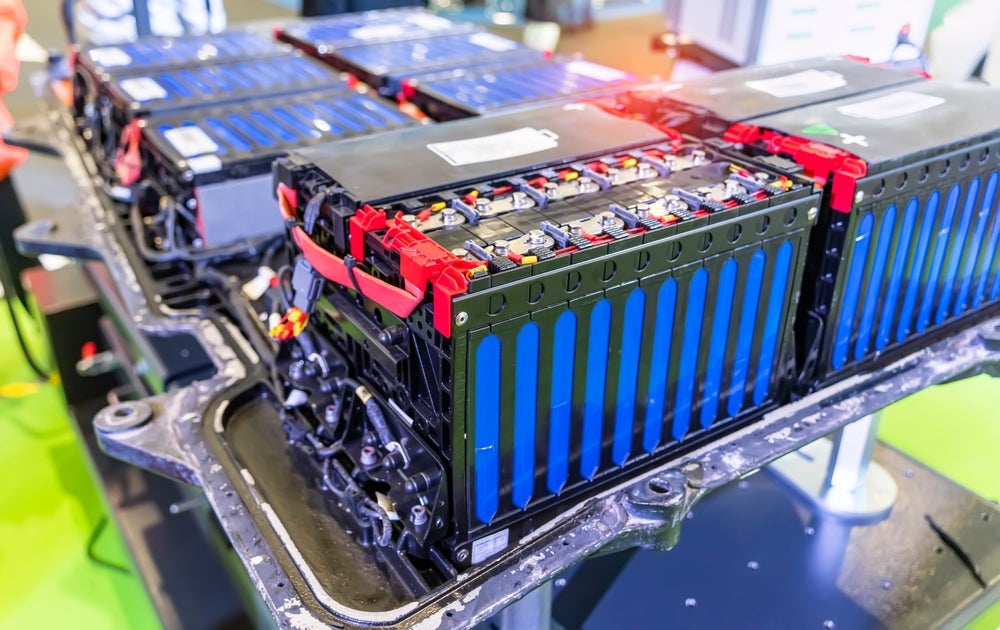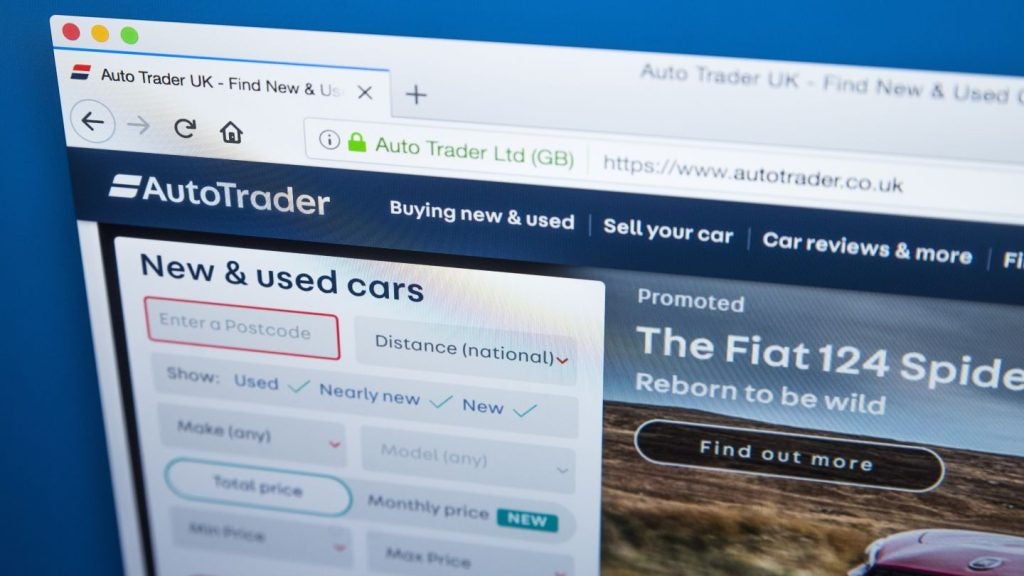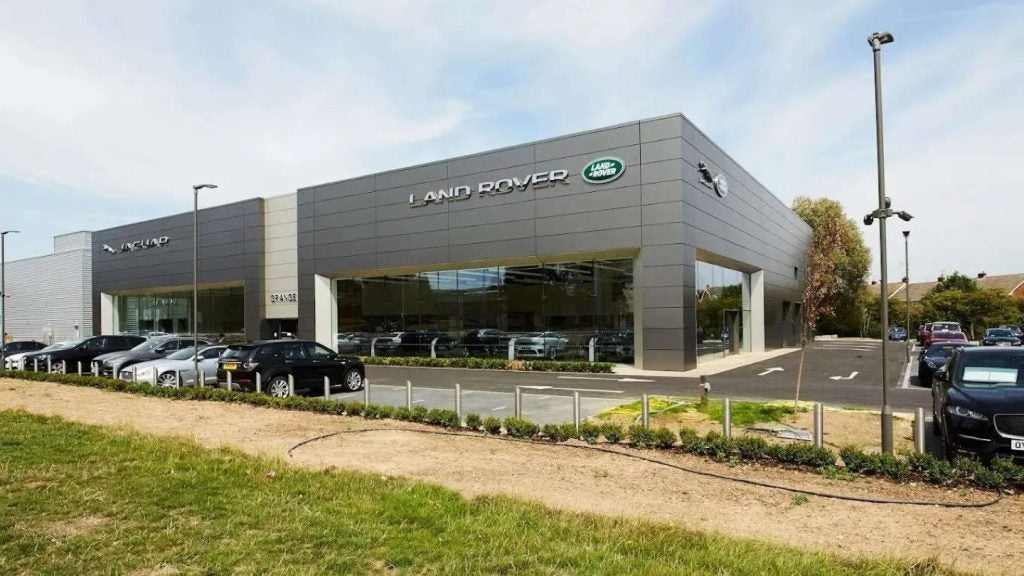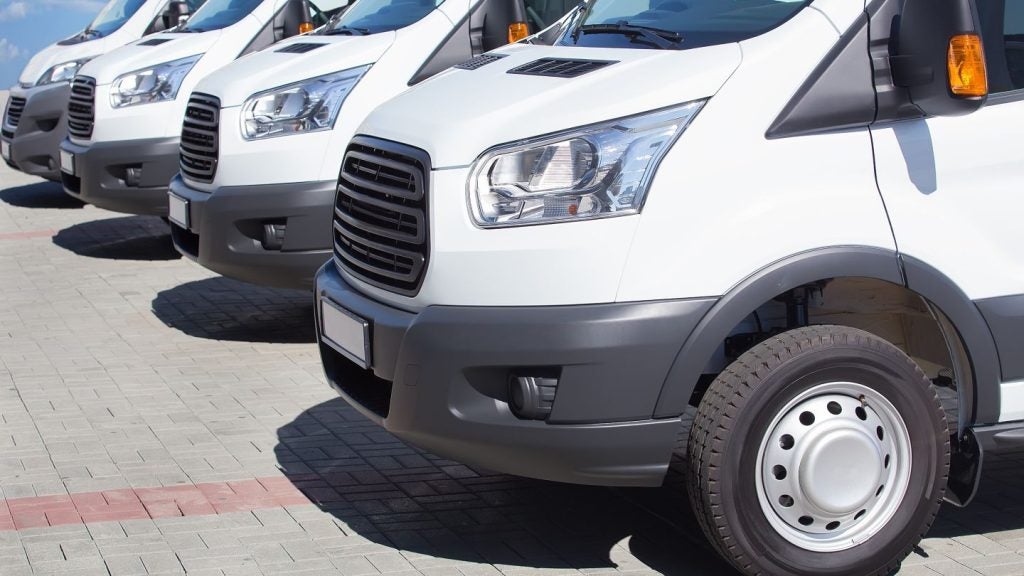
The new government’s plans for used electric vehicle (EV) battery health checks were on the agenda in July at a meeting of the Vehicle Remarketing Association (VRA), held at Cox Automotive in Bruntingthorpe, Leicestershire.
Under its Plan for the Automotive Sector, the Labour Party said that providing assurances about the battery health of used cars is the most effective way to boost demand. Labour pledged to introduce a standardised battery health certification scheme for used vehicles.
Abdul Chowdhury, head of vehicle policy at the Office for Zero Emissions Vehicles, noted that the principles were outlined in Labour’s Automotive Sector Plan, published in October 2023. He highlighted the Government’s progress on the United Nations Global Technical Regulation Number 22 on EV batteries (GTR 22).
“GTR 22 provides the requirement for a battery state of health monitor which is in an easily accessible manner, such as through the vehicle’s dashboard,” Chowdhury said. “It also details minimum performance standards for EV batteries, which have already been incorporated into UK regulations through the ZEV mandate’s warranty requirements.”
The VRA meeting featured a wide-ranging discussion with battery health check experts from Altelium, Aviloo, the Car Remarketing Association Europe (CARA), and ClearWatt. CARA, which has already introduced a European battery health check standard, reported through Roland Gagel, workshop lead for battery health: “The importance of a battery health check is unquestionable. We believe that it will become a standard component and the CARA Battery Health Check is a standard that develops in that direction.”
Matthieu Peugeot, sales manager at Aviloo, emphasised the significant impact of state of health (SoH) tests on customers’ purchasing decisions: “Currently, SoH diagnostics provided by Aviloo are considered a highly valuable add-on. An SoH certificate serves as an effective sales support tool and is a key factor in price-setting.”

US Tariffs are shifting - will you react or anticipate?
Don’t let policy changes catch you off guard. Stay proactive with real-time data and expert analysis.
By GlobalDataPeugeot added, “Aviloo recently conducted a remarketing study which showed that customers across Europe are willing to pay €550 to €1,100 more for used electric cars with a health check certificate than for those without.”
Patrick Cresswell, managing director at ClearWatt, stated, “The value of battery health checks lies in the fact that the incidence of ‘dud’ EVs is low but the consequences of owning one are high. It’s a protection against that scale of loss.”
Alex Johns, partnership lead at Altelium, said, “Battery health checks should take place early in the remarketing cycle and be made available to everyone within that process. That way, everyone knows the condition of the battery from the outset covering the entire path from initial vendor to end user.”
Following the battery health discussion, Robin Brundle, director at Recyclus, talked about EV battery recycling: “By 2030, we expect 570,000 tonnes of li-ion vehicle batteries will be recycled in the UK every year. It’s not just about EVs being scrapped but also vehicle recalls, battery faults, and accidents.”
Brundle highlighted that current recycling techniques allow for complete recycling of batteries without using water and avoiding landfills.
The meeting concluded with a panel discussion on the potential impact of the recent general election result on the remarketing sector. Lee Swinerd, director at Interpath, stated, “What is immediately encouraging is that the UK potentially has an industrial strategy with automotive likely at the heart of it.”
Alastair Cassels, automotive advisory partner at MHA, added, “A big part of Labour’s industrial strategy needs to be the development of battery capacity. Without UK battery manufacturing, there is unlikely to be any UK vehicle manufacturers.”
Louise Wallis, director at Auto Strategists, explained that Labour governments tend to be more consumer-focused: “There is likely to be a range of developments in markets outside of primary legislation using bodies such as the Financial Conduct Authority.”
Philip Nothard, chair at the VRA, said the meeting covered many important areas, including battery health checks. “We know that used car and van buyers have serious concerns about battery degradation and failure when they consider an EV, and battery health checks are the best potential solution to allaying those fears. Feedback from members was very positive and this is a subject to which we plan to return in the future as the used EV market grows in importance.”
Focus on battery health to boost confidence in used EVs







